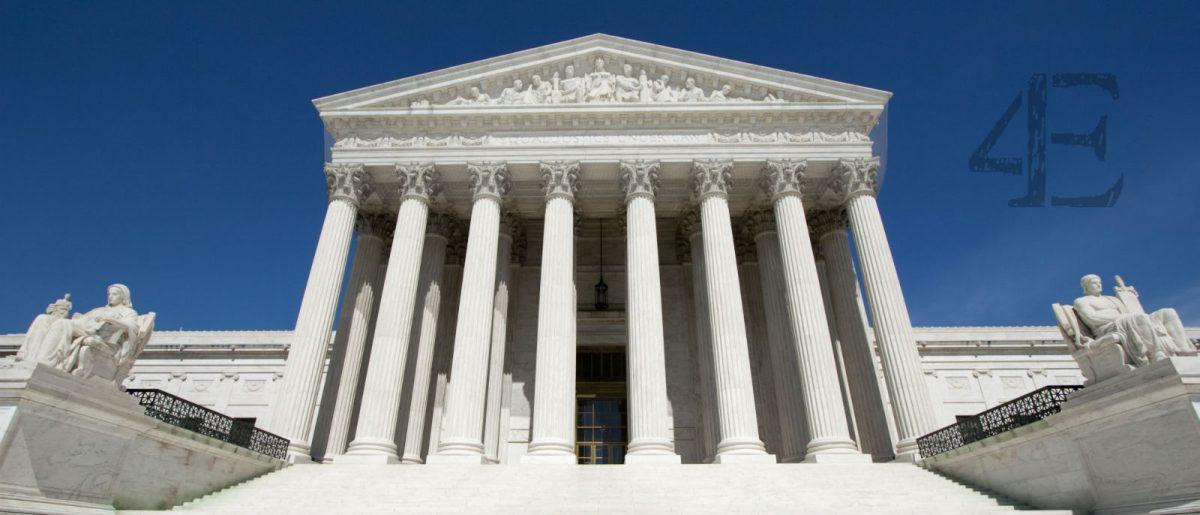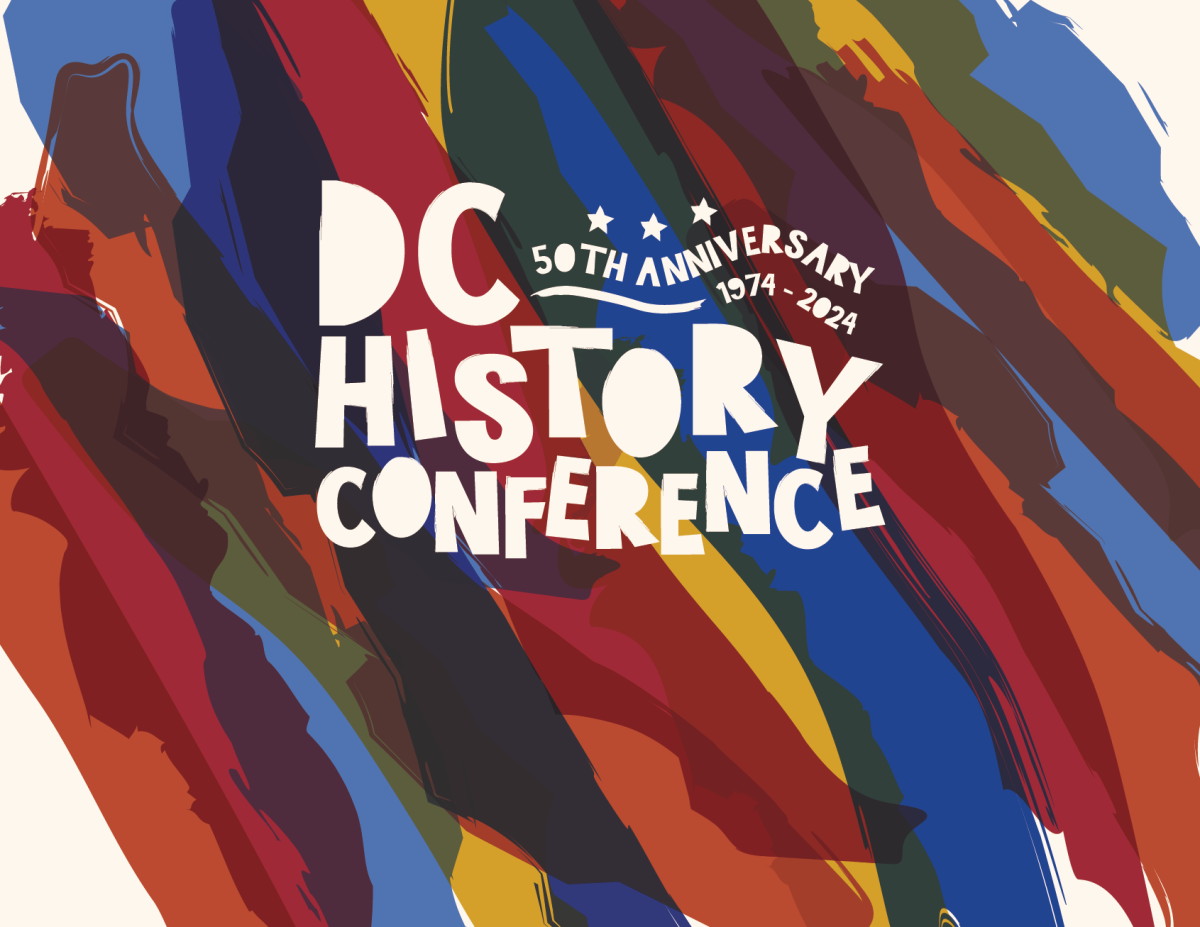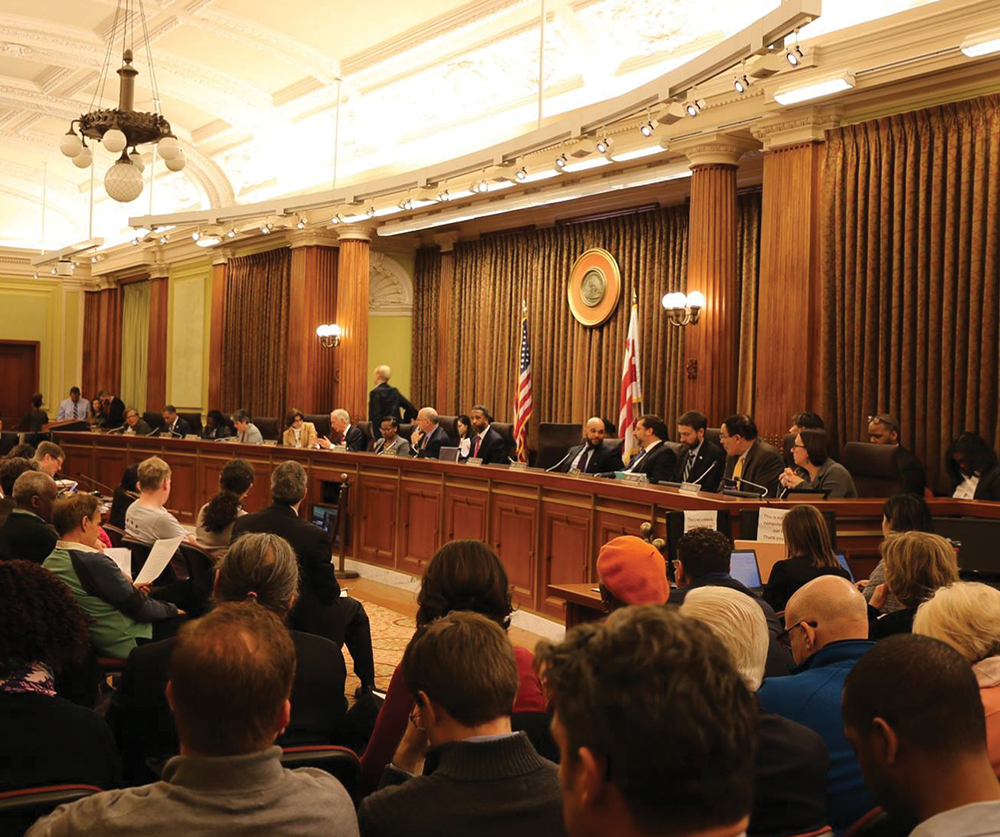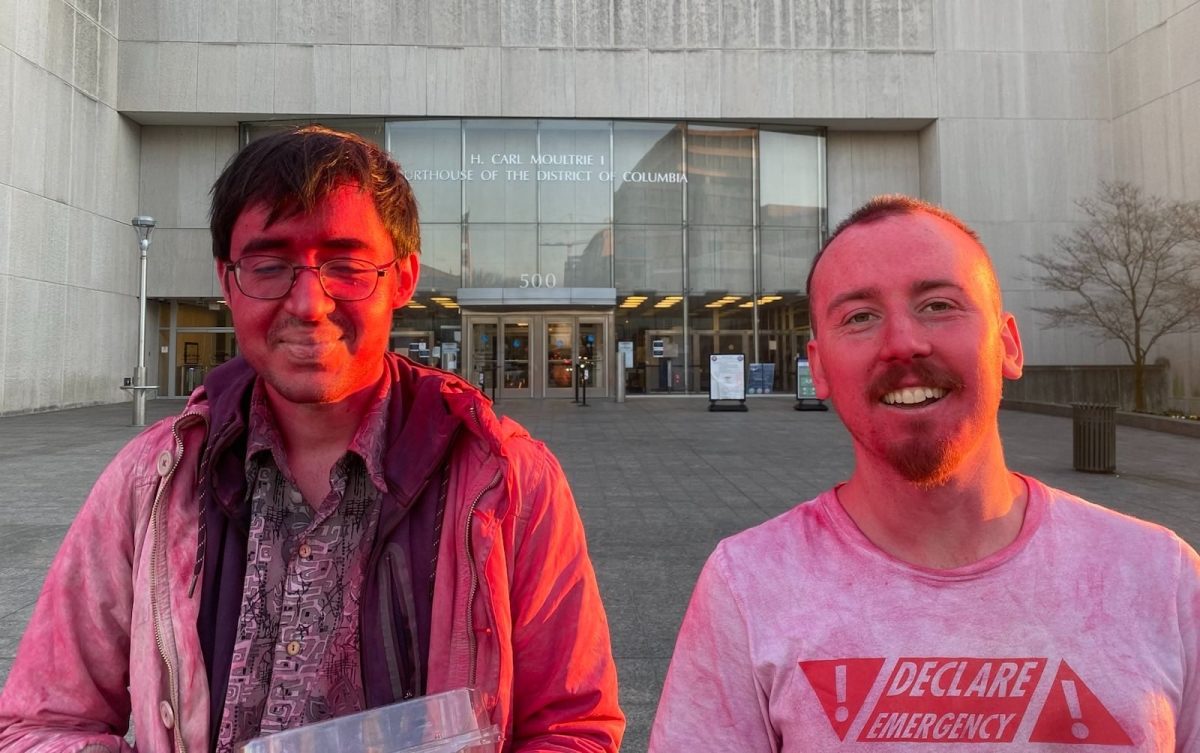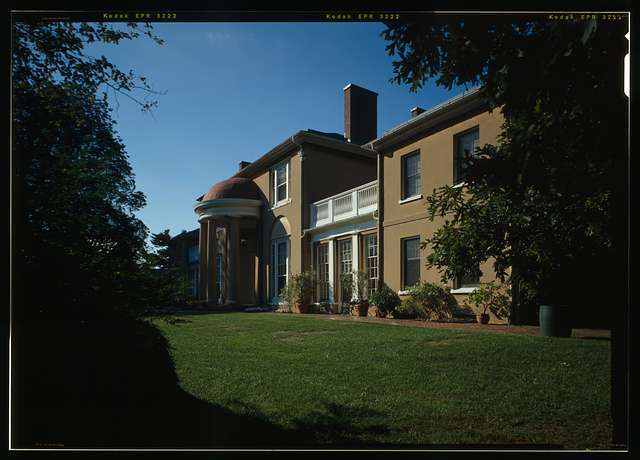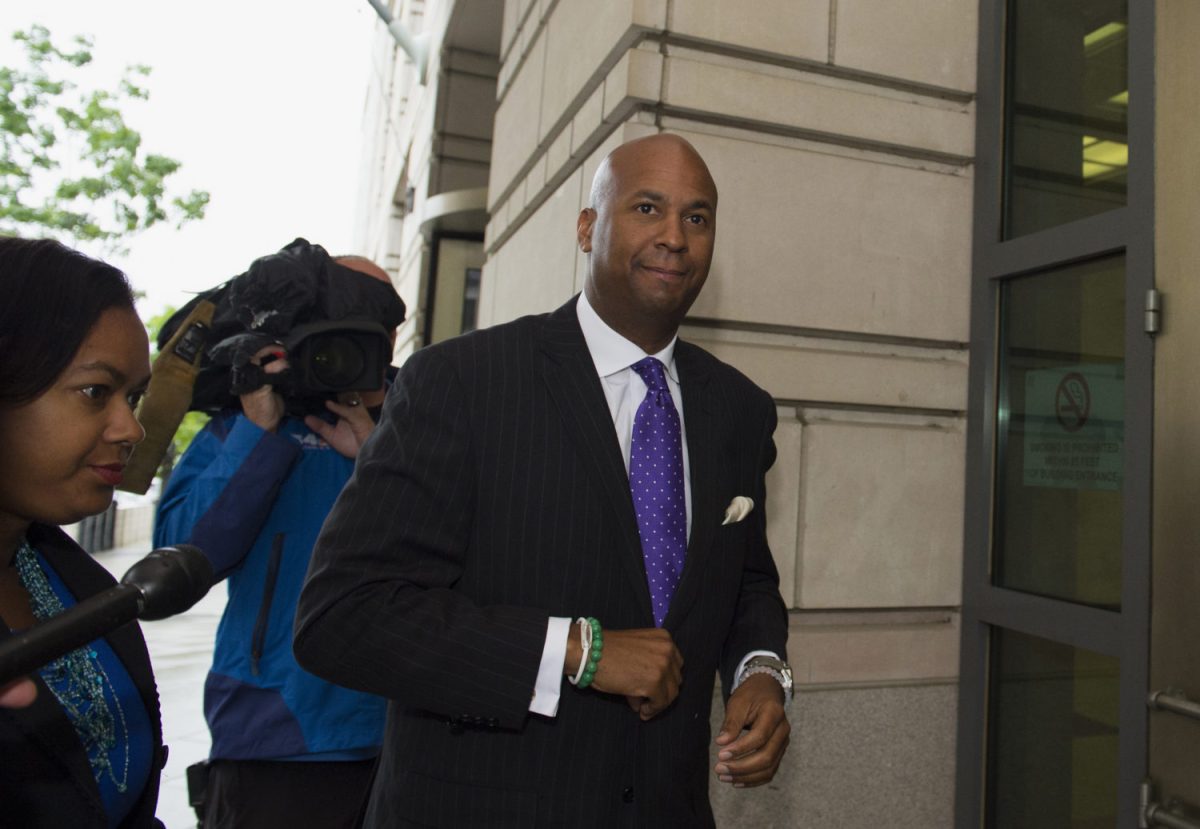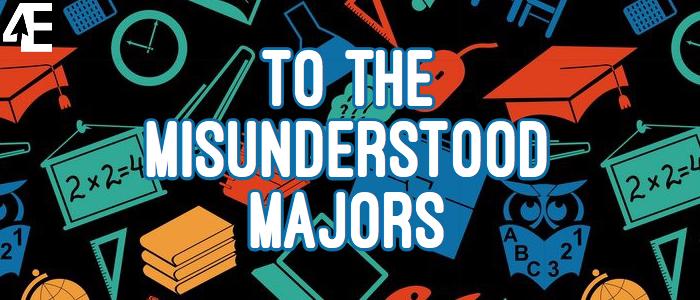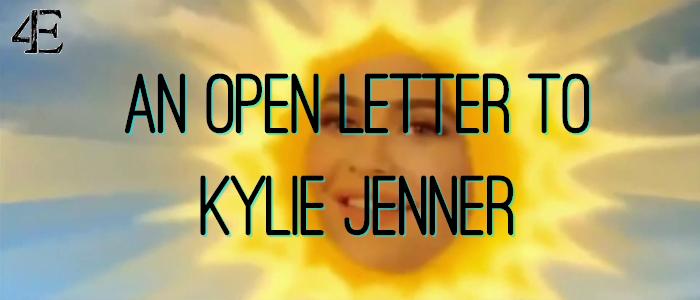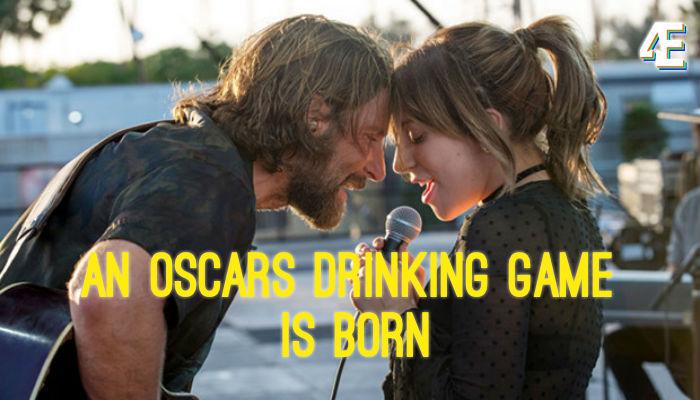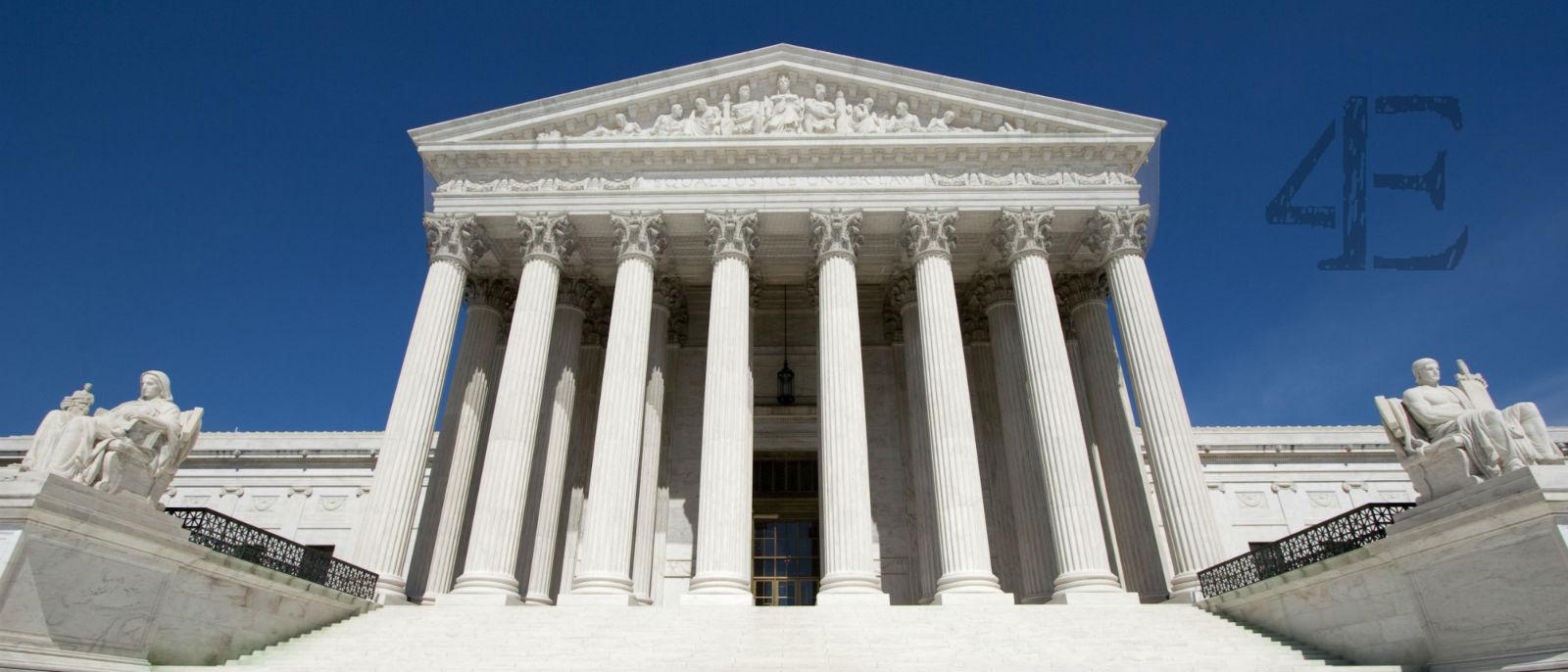 Just one year ago, Edward Snowden burst into America’s collective conscience as he revealed the National Security Agency’s most intimate secrets to The Guardian and The Washington Post. Snowden was simultaneously celebrated as a patriot and vilified as a traitor, as he escaped from Hong Kong to Moscow, further infuriating U.S. authorities as he sought and received asylum. Irrespective of his alleged allegiances and motives, Snowden initiated a contentious and ongoing debate regarding privacy law in the United States. While Snowden receded from the limelight in the last year, his lasting impact is palpable in the nation’s judicial system.
Just one year ago, Edward Snowden burst into America’s collective conscience as he revealed the National Security Agency’s most intimate secrets to The Guardian and The Washington Post. Snowden was simultaneously celebrated as a patriot and vilified as a traitor, as he escaped from Hong Kong to Moscow, further infuriating U.S. authorities as he sought and received asylum. Irrespective of his alleged allegiances and motives, Snowden initiated a contentious and ongoing debate regarding privacy law in the United States. While Snowden receded from the limelight in the last year, his lasting impact is palpable in the nation’s judicial system.
On Wednesday, June 25, the Supreme Court ruled that police must obtain warrants in order to search the cellphones of people they arrest. The issue of cellphone privacy arose in two separate appeals: Riley v. California and United States v. Wurie. In each case, police procured information from the arrested individual’s cellphone, which was subsequently used to press additional charges.
In Riley, during the arrest, a police officer “seized a cell phone from Riley’s pants pocket. The officer accessed information on the phone and noticed the repeated use of a term associated with a street gang. At the police station two hours later, a detective specializing in gangs further examined the phone’s digital contents. Based in part on photographs and videos that the detective found, the State charged Riley in connection with a shooting that had occurred a few weeks earlier and sought an enhanced sentence based on Riley’s gang membership.”
In the second case, “[Brima] Wurie was arrested after police observed him participate in an apparent drug sale. At the police station, the officers seized a cell phone from Wurie’s person and noticed that the phone was receiving multiple calls from a source identified as ‘my house’ on its external screen. The officers opened the phone, accessed its call log, determined the number associated with the ‘my house’ label, and traced that number to what they suspected was Wurie’s apartment. They secured a search warrant and found drugs, a firearm and ammunition, and cash in the ensuing search. Wurie was then charged with drug and firearm offenses.”
The Supreme Court’s ruling appropriately upholds the protections guaranteed by the Fourth Amendment and bolsters the safeguards of the First and Fifth Amendments.
At first glance, the Supreme Court’s unanimous decision appears straightforward, and perhaps, of little personal consequence. After all, how many Hoyas have arrest warrants posted around campus?
However, as indicated by the brief of amici curiae submitted by the New York Times among other news agencies, the Court’s decision is a landmark ruling, one that should certainly go down in annals of SCOTUS lore. The amici curiae assert the importance of the case for the requisite protection of the First Amendment:
The Framers adopted strong protections against searches or seizures of persons, houses, papers and effects so that the government could not engage in fishing expeditions to find seditious writings that could be used to incriminate citizens and thereby stifle free expression. These fundamental rights have particular importance for photographers, journalists, and others who regularly use modern communications technologies to gather and report the news. Allowing warrantless searches of cell phones would have a particularly adverse impact on the press.
Most importantly, the Court’s decision sets a monumental standard in data privacy law. Adam Liptak, the Supreme Court correspondent of the New York Times writes, “The ruling almost certainly also applies to searches of tablet and laptop computers, and its reasoning may apply to searches of homes and businesses and of information held by third parties like phone companies.”
In all, the Court’s decision raises many more questions than it answers, but sets a historical precedent that correctly prioritizes protection of individual liberties.
For now, we can applaud the Supreme Court for defending individual privacy in the “digital age.”
If you are interested in a more detailed breakdown of the Court’s ruling, I highly recommend Charlie Savage’s “Between the Lines of the Cellphone Privacy Ruling.”
Matthew De Silva is a rising junior in the School of Foreign Service. He is in The Hoya’s tech department and has contributed to the Fourth Edition before.


